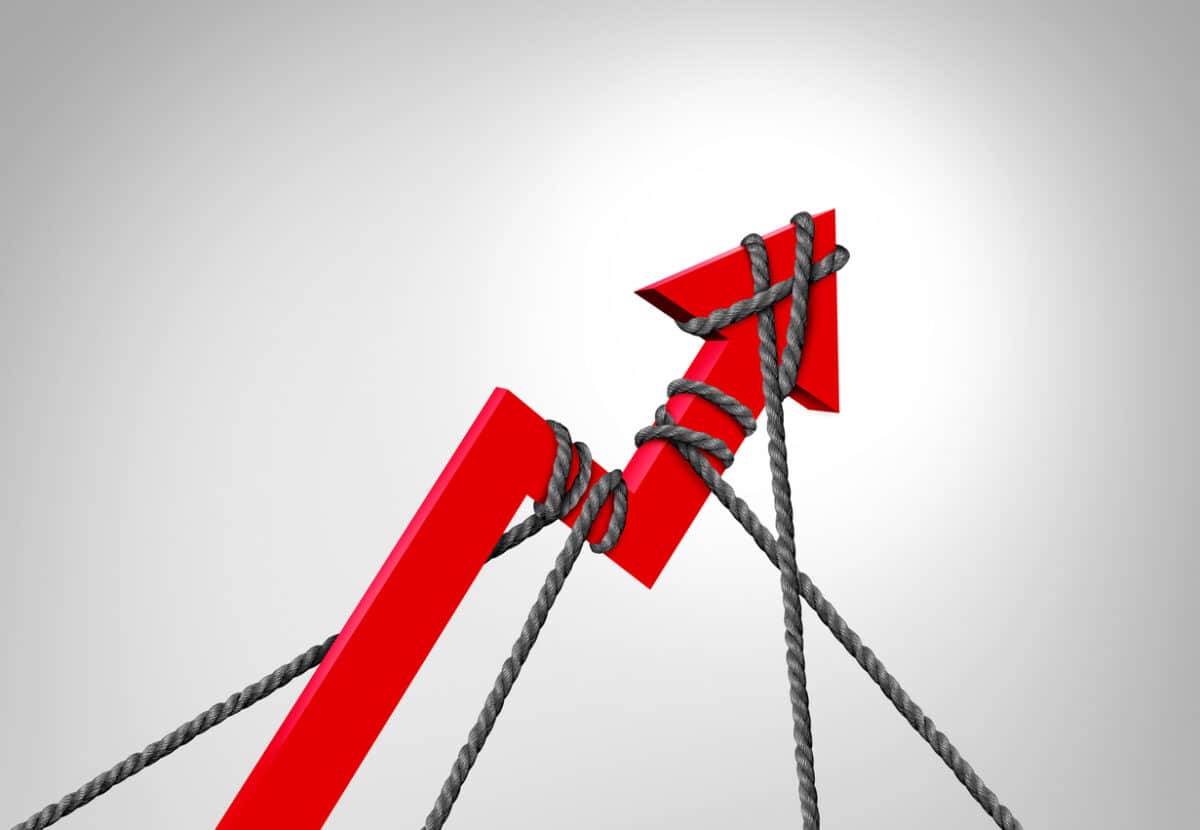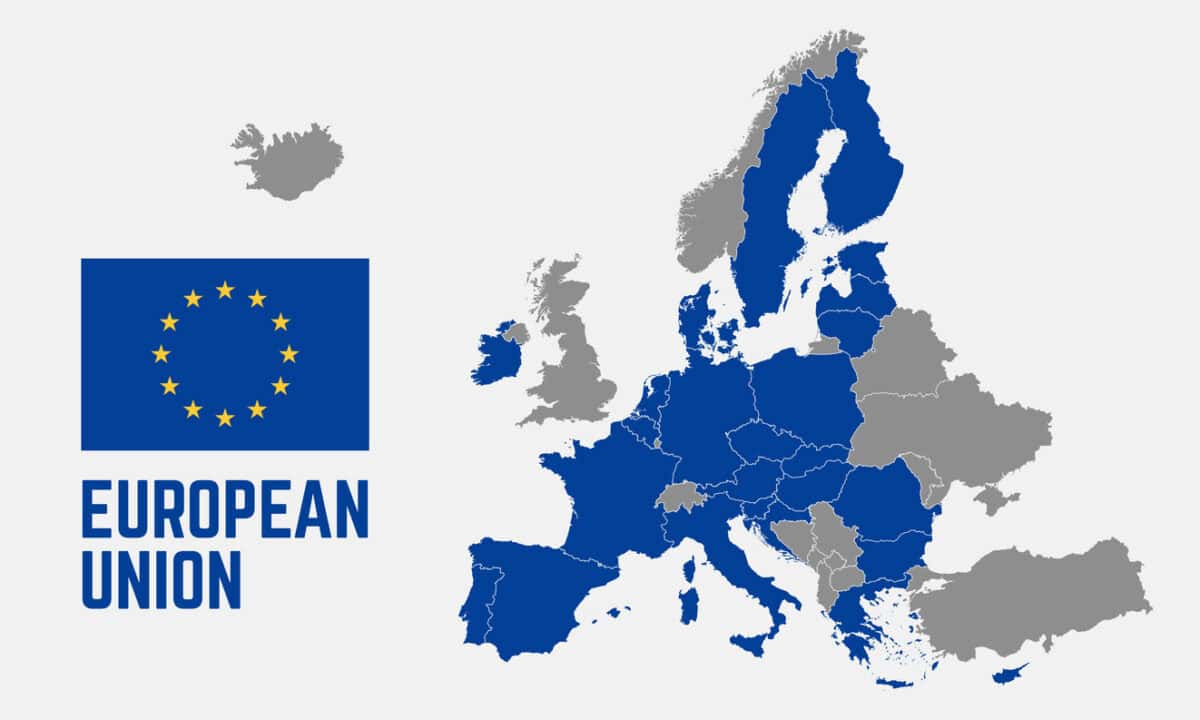The human resources (HR) discipline is often criticised for not considering the interests of workers as its primary consideration. This is not a recent phenomenon. To understand the origins of this criticism, looking at some of the research into the discipline from before the wellness industry dominated many of the HR approaches to occupational health and safety (OHS) is helpful.
Author: Kevin Jones
CEOs and regulations
The Australian Financial Review conducts many conferences, business summits and CEO surveys to provide publishable content (and as a marketing strategy). Over the last month, several articles and features have been produced from its “Chanticleer CEO Survey”; one is called “Red tape standing between business and Australia’s policy challenges” (hard copy title, paywalled). I scanned the CEOs’ comments for relevance to occupational health and safety (OHS) and harm prevention.
OHS and the diversity, equity and inclusivity backlash
The Australian Financial Review has looked at the local Australian context of the United States opposition to continuing workplace initiatives on diversity, equity and inclusivity (DEI), The AFR contacted some Australian technology companies for their leaders’ thoughts as overseas the DEI opposition seems loudest in tech companies. The media attention overseas has also come from the activities of some right-wing anti-woke activists. The opposition seems to deny or ignore some of the evidence for DEI contributing to company profitability, cultural strength and occupational health and safety (OHS).
Workplace factors are missing from “The Science of Stress”
I am sure someone much wiser than me has produced this aphorism: “One can learn from what is said, but often learn more from what is not.” If not, I will claim it. I thought of this while reading the National Geographic special edition (August 2024) magazine on “The Science of Stress.” I looked for the editor’s thoughts on the origin of work-related stress and prevention methods. They were largely missing.
Not a Pracademic’s Handbook
LinkedIn is often used to promote new business and workplace health and safety books, many of which have been self-published. Before Christmas, I acted on a LinkedIn post and purchased “The Pracademic’s Handbook“. I had heard many conference delegates in 2024 describe themselves as “pracademic” or express a wish to be more of one, and a handbook could be instructional. I was both disappointed and pleased with the book, but mostly disappointed.
Continue reading “Not a Pracademic’s Handbook”European support for Australia’s ban on engineered stone
The latest edition of the European Trade Union Institute’s HesaMag features articles on Artificial Intelligence, but the go-to article for me was the magazine’s perspective on Australia’s ban on engineered stone.
We often learn more about ourselves by reading how others see us, so I was keen to read the perspective of sociologist Catherine Cavalin and historian Alfredo Menendez Navarro.
Seeing OHS law as a social law could change how OHS is seen and its future
Occupational health and safety has traditionally been considered under the category of industrial, or industrial relations, but largely this is due to the major advocates of OHS being the trade union movement. So OHS seems to fit with workers’ rights under the issues of wages and conditions, but really OHS is a social law.
According to one definition social law is:
“…any law, rule or regulation (including international treaty obligations) applicable in any jurisdiction concerning
– labour,
– social security,
– the regulation of industrial relations (between government, employers and employees),
– the protection of occupational, as well as public, health and safety,
– the regulation of public participation,
– the protection and regulation of ownership of land rights (both formal and traditional), immovable goods and intellectual and cultural property rights,
– the protection and empowerment of indigenous peoples or ethnic groups,
– the protection, restoration and promotion of cultural heritage, and
– all other laws, rules and regulations providing for the protection of employees and citizens.”
OHS meets several elements of this definition.






